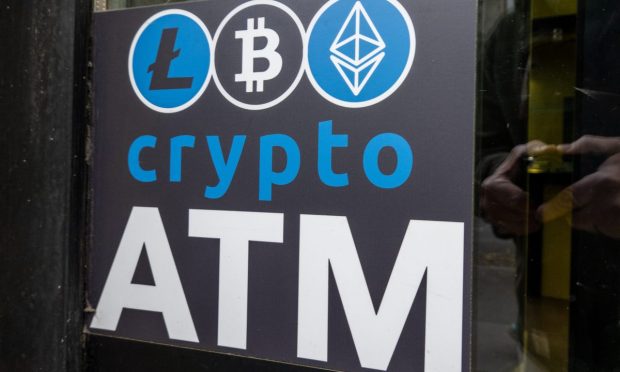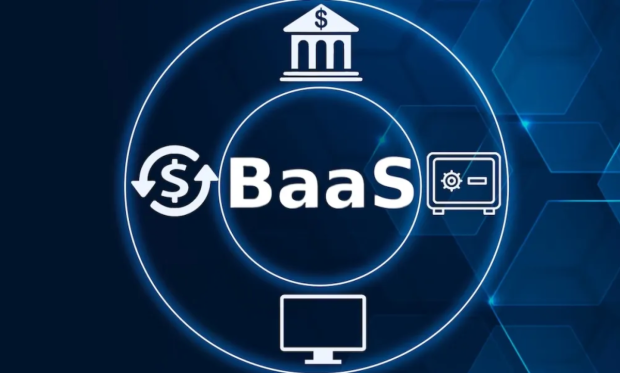AML
Anti-money laundering (AML) refers to a set of laws, regulations, and procedures intended to prevent criminals from disguising illegally obtained funds as legitimate income. Though anti-money-laundering laws cover a relatively limited range of transactions and criminal behaviors, their implications are far-reaching.


Morgan Stanley Faces Probe Over Anti-Money Laundering Practices
July 23, 2025 | AMLMorgan Stanley is reportedly facing a regulatory investigation into its money laundering prevention measures. Get the Full Story Complete the form to unlock this article and...
READ MORE >

Treasury Announces 2-Year Delay of AML/CFT Rule for Investment Advisers
July 21, 2025 | RegulationThe Treasury Department plans to delay for two years the implementation of a new anti-money laundering rule focused on investment advisers while one of its...
READ MORE >

Wise Settles States’ Allegations of Inadequacies in AML/CFT Program
July 09, 2025 | AMLSix state regulators have secured a $4.2 million settlement from Wise US that resolves the regulators’ allegations that the company had inadequacies in its Bank Secrecy...
READ MORE >

Crypto ATM Ban Proposed in New Zealand Financial Crime Crackdown
July 09, 2025 | CryptocurrencyNew Zealand wants to outlaw cryptocurrency ATMs and place limits on overseas cash transfers. Get the Full Story Complete the form to unlock this article...
READ MORE >

Circle and Deutsche Bank’s Crypto Custody Announcements Put KYC/AML Under Spotlight
July 01, 2025 | CryptocurrencyCrypto has long been, and still can be, a safe haven for bad actors. That simple fact has long made digital asset custody a thorny...
READ MORE >

FATF Adds New Countries to Financial Crime Prevention Deficiencies List
June 24, 2025 | InternationalThe Financial Action Task Force (FATF) has updated its list of countries with financial-crime-prevention deficiencies. Get the Full Story Complete the form to unlock this...
READ MORE >

Financial Crimefighters NetGuardians and Intix Merge Into Vyntra
June 22, 2025 | Security & FraudFinancial crime prevention firm NetGuardians has merged with transaction data analytics provider Intix. Get the Full Story Complete the form to unlock this article and...
READ MORE >

Crypto-Related Suspicious Activity Reports Jump 8% in Germany
June 10, 2025 | CryptocurrencyA German financial watchdog has reportedly recorded a record number of crypto-related suspicious activity reports. Get the Full Story Complete the form to unlock this...
READ MORE >

3 Takeaways as Enforcement Actions and Data Breaches Roil BaaS Models
June 02, 2025 | BankingAs nonbank enterprises offer financial services, aided by traditional financial institutions and FinTechs, the emergence of the banking-as-a-service (BaaS) model has promised to transform lending...